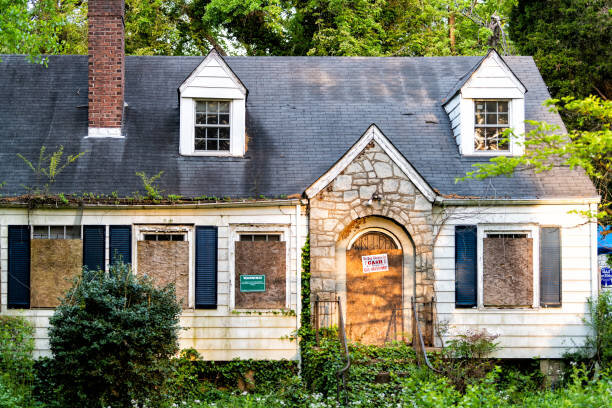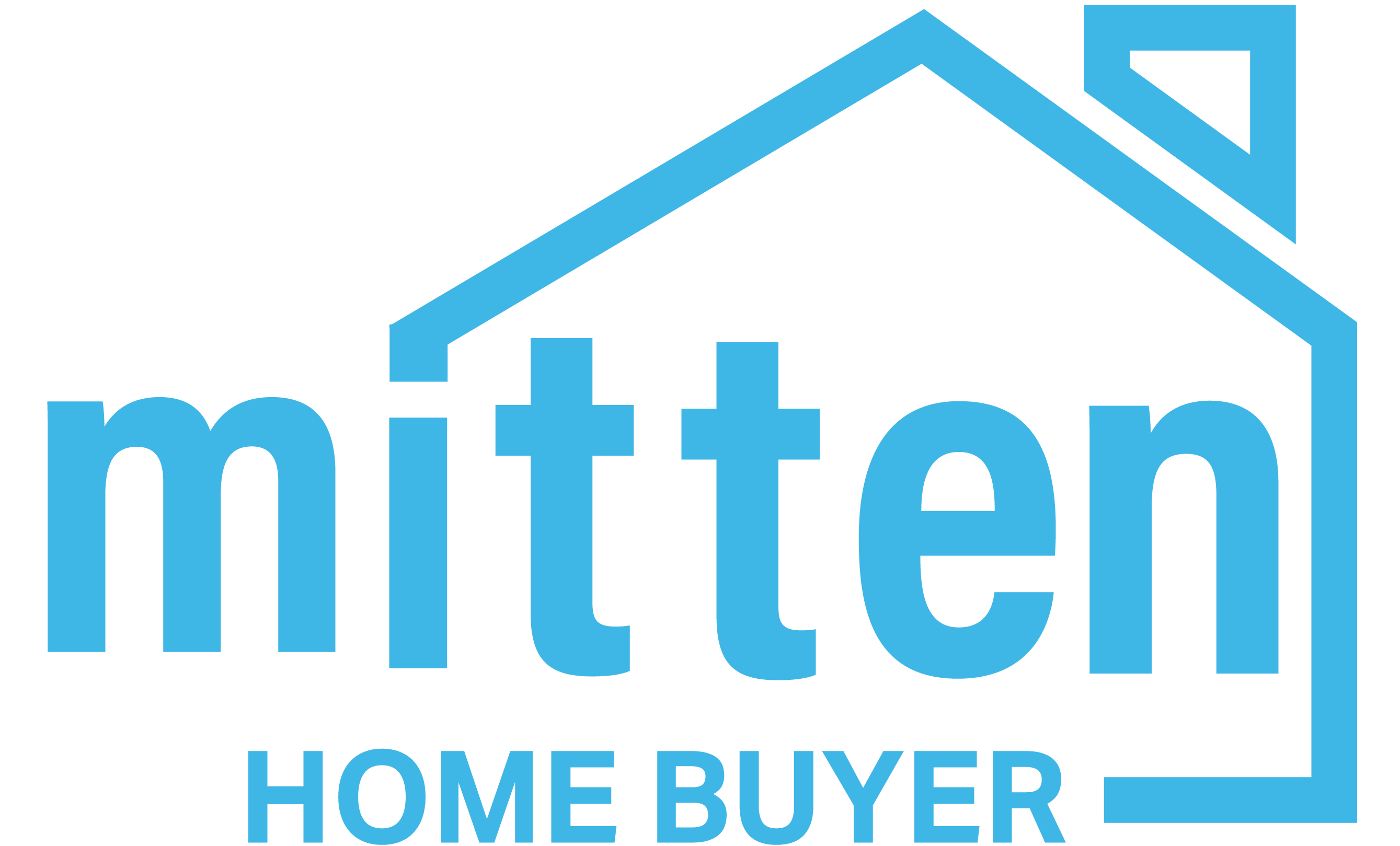
Introduction: Grand Rapids, Michigan, is a city ripe with opportunities for real estate investment. Its vibrant economy, growing population, and diverse neighborhoods make it an attractive destination for investors seeking lucrative ventures. However, navigating the financing aspect of real estate investment can be daunting without the right knowledge. In this comprehensive guide, we’ll delve into eight crucial aspects of financing investment real estate in Grand Rapids, equipping you with the insights needed to make informed decisions and maximize returns on your investments.
1. Understanding the Grand Rapids Real Estate Market:
Before delving into financing, it’s imperative to have a solid understanding of the Grand Rapids real estate market. Grand Rapids has experienced steady growth in property values over the years, driven by factors such as a strong job market, a burgeoning tech industry, and a vibrant cultural scene. Conduct thorough market research to identify trends, demand drivers, and potential investment opportunities across different neighborhoods.
2. Types of Investment Properties:
In Grand Rapids, investment properties come in various forms, including single-family homes, multi-family units, commercial buildings, and mixed-use developments. Each type of property offers its unique advantages and financing requirements. Determine which property type aligns with your investment goals, risk tolerance, and financial capabilities before proceeding with financing.
3. Financing Options:
When it comes to financing investment real estate in Grand Rapids, investors have several options to consider. Traditional financing through banks or credit unions remains a popular choice, offering competitive interest rates and long-term repayment schedules. Additionally, private lenders, crowdfunding platforms, and government-backed loans such as FHA, VA, or USDA loans provide alternative financing avenues tailored to investors’ specific needs.
4. Creditworthiness and Down Payments:
Regardless of the financing option chosen, creditworthiness plays a crucial role in securing favorable loan terms. Lenders typically assess applicants’ credit scores, income stability, debt-to-income ratios, and down payment capabilities when evaluating loan applications. Aim to maintain a healthy credit profile and save up for a substantial down payment to enhance your chances of qualifying for financing at favorable terms.
5. Loan Terms and Interest Rates:
Loan terms and interest rates vary depending on the financing source, property type, and market conditions. Fixed-rate mortgages offer stability and predictable payments over the loan term, while adjustable-rate mortgages (ARMs) may provide lower initial rates but carry the risk of future rate adjustments. Compare loan offers from multiple lenders to secure the most favorable terms tailored to your investment strategy and risk tolerance.
6. Due Diligence and Property Valuation:
Before finalizing any real estate investment transaction, conduct thorough due diligence and property valuation to assess its financial viability and potential risks. Evaluate factors such as the property’s condition, rental income potential, operating expenses, market comparables, and projected cash flow. Engage qualified appraisers, inspectors, and real estate professionals to obtain accurate assessments and mitigate investment risks.
7. Tax Implications and Financial Planning:
Real estate investment in Grand Rapids entails various tax implications that can significantly impact your overall returns. Familiarize yourself with local property tax rates, depreciation rules, capital gains taxes, and tax incentives available for investors. Consult with tax professionals and financial advisors to develop a comprehensive financial plan that optimizes tax efficiency and maximizes long-term wealth accumulation through real estate investment.
8. Risk Management and Exit Strategies:
Successful real estate investment requires proactive risk management and contingency planning to safeguard your financial interests. Identify potential risks such as market fluctuations, tenant vacancies, property damage, and regulatory changes, and implement risk mitigation strategies accordingly. Additionally, develop exit strategies that allow for timely divestment or portfolio adjustments based on evolving market conditions and investment objectives.
Conclusion:
Financing investment properties in Grand Rapids with Mitten Home Buyer - We Buy Houses - Sell My House Fast presents a multitude of opportunities for investors seeking to capitalize on the city’s thriving real estate market. By leveraging comprehensive market analysis, exploring diverse financing options, and implementing sound investment strategies, investors can navigate the complexities of real estate financing with confidence and achieve sustainable long-term success. Mitten Home Buyer - We Buy Houses - Sell My House Fast‘s expertise in real estate financing and commitment to client success make it an invaluable partner for investors looking to maximize returns and mitigate risks in the dynamic landscape of Grand Rapids. With careful planning, diligent due diligence, and proactive risk management, investors can unlock the full potential of real estate investment in Grand Rapids and build a profitable portfolio for the future.

